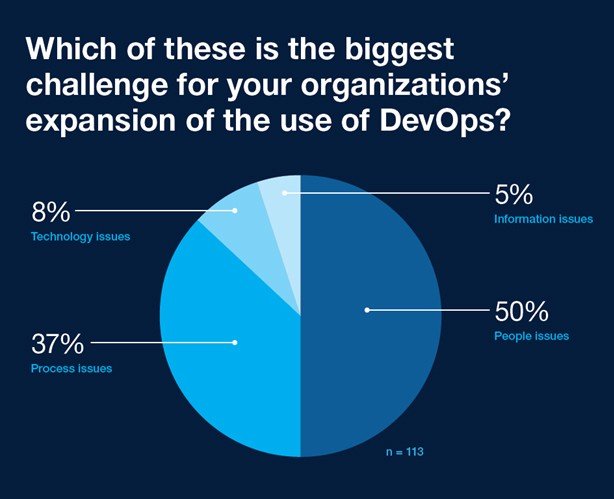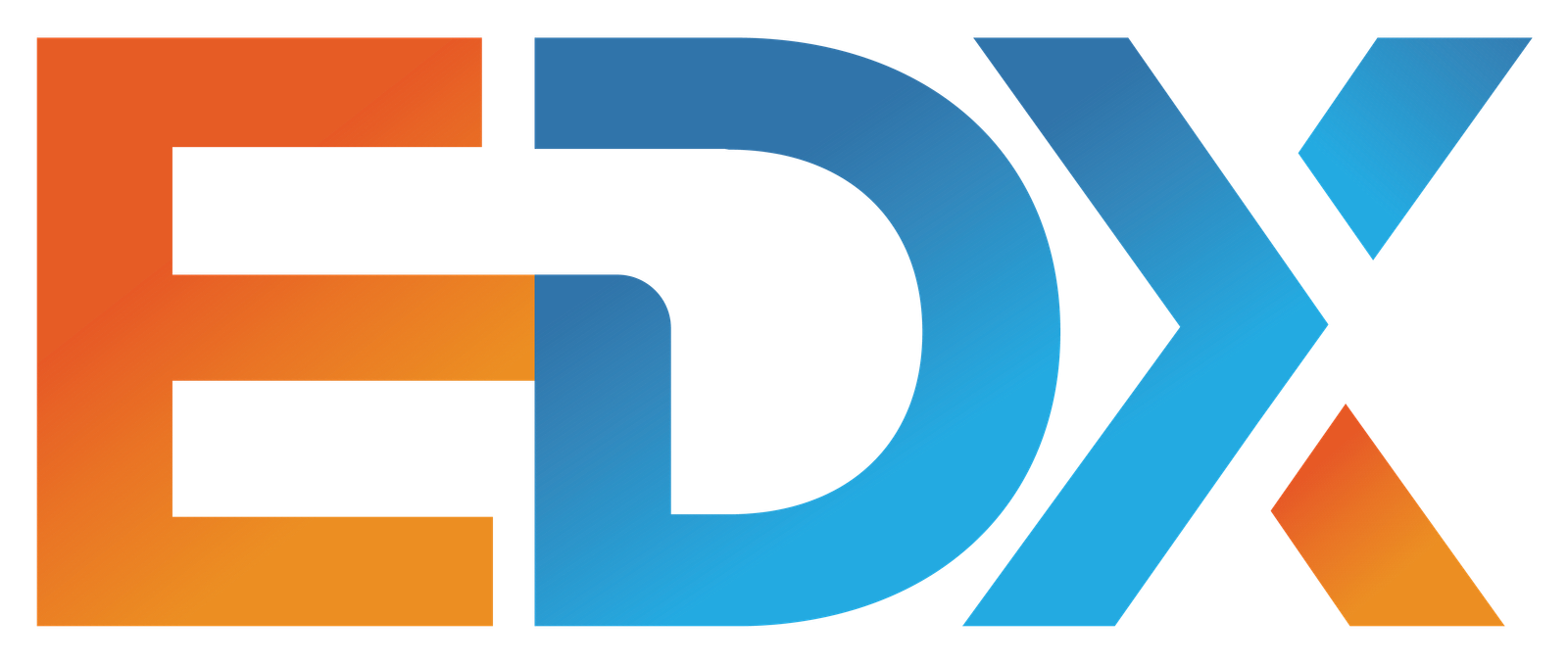As DevOps is a full-fledged culture, the need for having a full arsenal of the right DevOps tools, standards, and best practices ensures that you are able to implement DevOps successfully. In Malaysia, the scope of DevOps is increasing with each passing day due to the versatility of the technology in developing a variety of software. Moreover, Accenture comes on number 2nd where most of the DevOps people work!
Accenture is also located in Malaysia. Hence, you can easily notice the impact of DevOps in Malaysia.
Going into 2022, the year would be very exciting for DevOps, especially in Malaysia due to the increase in the usage of technology. Students here are becoming increasingly enthusiastic about learning software development in order to fill the gap in the computing industry of Malaysia.
Emerging technologies like Artificial Intelligence (AI), Machine Learning (ML), the Internet of Things (IoT), and cloud computing are gaining huge popularity in Malaysia. All these technologies are able to integrate DevOps. Therefore, in Malaysia, the trend of DevOps is working like magic!
The remarkable concept of DevOps is that it brings software development teams and operation teams together. DevOps also focuses on the automation of the software in order to save time!
So, without any further ado, let’s have a look at the DevOps tools, standards, and best practices that are going to rule in 2022 in Malaysia. Here we go!
What is DevOps?
DevOps is basically an approach to developing software that is extremely fast and quicker than other options available. Also, companies today are looking for codes that could be generated quickly. So, DevOps does the job for them.
DevOps is a combination of philosophies, standards, and practices that make it possible to replace long development hours with a faster approach. With DevOps, the idea is to be very prompt towards the customer demands and quickly adapt to the changes within the market.

Moreover, DevOps becomes an absolute gun of an approach with appropriate tools.
As mentioned above, the software teams and the operation teams form a group to work together on development projects. Quality Assurance teams and Security teams also work in coordination with the developers in order to get accurate and quick solutions.
What are the Best Practices in DevOps?
Down below are the best practices in DevOps:
- Automation
- Coordination
- Uninterrupted Improvement
- Uninterrupted Deployment
- Customer-Oriented Action
Teams work in coordination in order to deploy new features and updates while keeping a check on the environment to ensure that things are working as planned. Companies in Malaysia that are using DevOps state that they have received benefits in terms of communication, scalability, and reliability.
The Best End to End DevOps Tools being used in Malaysia in 2022
- Ansible
Ansible is an IT automation tool through which you are able to handle cloud provisioning, deployment of applications, orchestration, configuration, and several other tasks. Ansible is a versatile tool to model IT architecture. Moreover, it smoothly takes care of multi-tier deployments. This tool uses YAML.
YAML is a human-readable data serialization language that is used for the configuration of applications and files where all the data has been stored. The language has a minimalistic syntax.
For security, Ansible is known to use passwords, designed for SSH keys along with SSH agents or Kerberos. Plus, it is an open-source community project that is sponsored by Red Hat.
- Slack
Slack is the best tool for the collaboration of teams. It was developed in 2013 and since then, it has been releasing quite effective updates to make it adaptable to the current market scenarios. The tool is able to shed the boundaries across the globe and bring the teams together so that they can work effectively.
Moreover, there are several options available in Slack to carry on with an optimal workflow, generating insights from each and every member of the team to make the project even better. DevOps is never easy to get uniform responses from the members.
Therefore, Slack makes sure to simplify the roadmap, automate tasks, and bring everyone on the same page.
- Jenkins
Jenkins is again one of the best tools for DevOps. It is an open-source continuous integration server that automates the complete build cycle of a DevOps software project. The ultimate benefit that the DevOps engineers get through using this tool is the feature of ‘Pipeline’.
By using this feature, the code is committed into the repository automatically, running test cases, thereby fetching the reports of the tests as well. It is highly customizable to provide feedback in a few seconds. Plus, it would ring a bell for you if any sprint is leading into a broken build or disturbing it.
Jenkins is also able to automate tools and applications used in SDLC, increasing the effectiveness of the output.
- Phantom
For all the DevOps teams, the security element makes them quite worried. Especially in Malaysia, cyber crimes have increased like crazy. So, the Phantom tool is actually a sigh of relief for those who are looking to build a secure and defensible infrastructure to deal with cyber-attacks in a great way.
By using this tool, you are able to coordinate in a centralized environment regarding an incident and make sure to be aware of the increasing security threats simultaneously. Plus, the tool also helps the DevOps engineers to alleviate the risk immediately by using tactics like device quarantine, file detonation, etc.
- Docker
It is a tool that is present in the middle of containerization. Containerization is an ongoing trend that is rapidly increasing in value. The tool ensures the packaging, planning, and deploying of applications regardless of the current environment. Each application container consists of source codes, configuration files, supporting files, and several other things to make execution possible.
When containers are excessed, the applications would be able to execute in a remote environment.
Hence, the companies are able to save infrastructure costs. According to one of the studies, 2 out of 3 companies who have used this tool have ultimately adopted its usage within 30 days of using it.
The fact itself highlights the benefits and the impact of Docker in the DevOps world.
- Nagios
This tool is quite similar to the Phantom tool. It basically provides monitoring in order to keep the tabs open on the applications, servers, as well as in your entire business infrastructure. Having said that, the tool is exceptional for larger companies rather than smaller organizations. It keeps a check on a large amount of circuitry of a huge organization. The circuitry might include routers, wires, repeaters, etc.
Moreover, it immediately notifies the users in case of any problem occurring in the backend or in case of a failure of any device.
Plus, it maintains a performance graph and notifies the users prior in case of any upcoming error.
- Vagrant
Vagrant is an effective DevOps tool to manage and work with virtual machines by maintaining the same workflow. Through this tool, the team members are able to share the environment of a running software while testing applications at a rapid pace to not waste any time on setting configurations.
Plus, the tool makes sure that the environment of the software remains the same on every developer’s machine so that there is no chance of excuses like ‘runs-on-my-system’.
- GitHub
Talking about the most demanded DevOps tools in Malaysia, you cannot forget GitHub in any case. The tool was launched in 2000 and since then it has proved its mark all the time! Developers use the tool to make quick iterations into the code and the notification is also sent quickly to every member without any possible delays. Moreover, in case of any errors, instant rollbacks are done to the previous versions, that too in seconds!
So, the speed of GitHub has always remained a major factor in adopting its usage across several industries.
The tool is able to remember the history of changes that are being stored side by side into the tool. Hence, rolling back to the original version is also not a hassle at all!
- Sentry
In DevOps, Sentry is the best tool to use in order for bug or error detection. Mostly, the tool is used by Uber and Microsoft. It is a free tool and it supports languages like JavaScript, IOS, Ruby, etc. Moreover, there are in-built SDKs in Sentry that make it possible to support more languages and frameworks.
The tool keeps on scanning the lines of codes across the whole system and immediately notifies in case of any error detection. It not only highlights the problem. Rather it provides a number of solutions to be applied to the current scenarios that can be obtained with just a single click.
The Bottom Line
So, these are the best end-to-end DevOps tools being used in Malaysia and all over the globe in 2022 and in years to come! DevOps is an emerging field that has a huge scope to grow, considering the benefits that companies could get by using DevOps. So, what are you waiting for? Change your developing strategy NOW!








